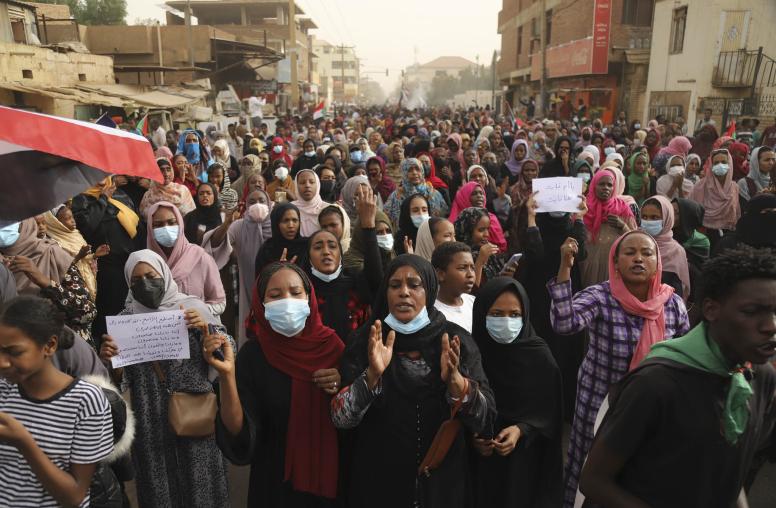Matthew D. Cebul, Ph.D.
Contact
Please submit all media inquiries to interviews@usip.org or call 202.429.3869.
For all other inquiries, please call 202.457.1700
Dr. Matthew D. Cebul is a research officer with USIP's Program on Nonviolent Action. Before joining USIP, Dr. Cebul was a postdoctoral fellow at the University of Michigan’s Weiser Center for Emerging Democracies and a USIP Peace Scholar Fellow from 2019-2020. He conducts research on democratization and the international dimensions of civil resistance campaigns, particularly in the Middle East. His ongoing book project, “Resistance and Rebellion in the Shadow of Foreign Intervention,” explains how the prospect of international assistance influences opposition behavior during nonviolent campaigns, particularly the 2011 Syrian uprising. His other work on international relations and Middle Eastern politics has appeared in major media outlets, as well as peer-reviewed academic journals, including The Washington Post, The Journal of Politics and the Journal of Conflict Resolution.
Dr. Cebul received his master’s degree and doctorate in political science from Yale University and holds a bachelor’s degree from Haverford College.


